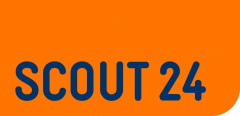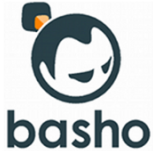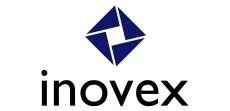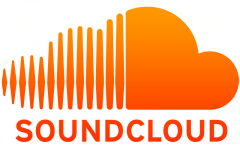Contributing to Open Source for Non-Coders and Coders
Open source projects such as those that are part of the Apache Open Source Foundation are community-built projects with the architecting, translation into logical plan and code production being contributed by a group of developers around the world. But open source projects are also community-driven: the need for specific applications is identified by the community of potential users as well as by the developers. There are a variety of ways that people can contribute to open source besides developing and committing code.
For people with sufficient technical background, writing expert documentation is a very valuable contribution to an open source project. Other less technical contributions also are possible. Communication about the development of new projects and about how to use mature projects helps projects reach an audience beyond those who are directly involved. Community + code is essential to a successful and vibrant project, so people who help build community are helping to build the project. Contributions can include work on project websites and wikis, help with progress reports, writing how-to manuals or tutorials, identifying trends for use cases and connection via social media such as Twitter.
I will present concrete strategies for doing these kinds of contributions, using examples from current open source projects. This session is aimed at both coders and non-coders, with tips for encouraging cooperative exchange of ideas during meetings, in social media and on mailing list discussions. The session will be interactive, gathering input from the audience about the challenges they face in working with a diffuse community and about the actions they can take to foster cooperation, enthusiasm and a productive exhange of ideas.
Schedule info
- Login to post comments











